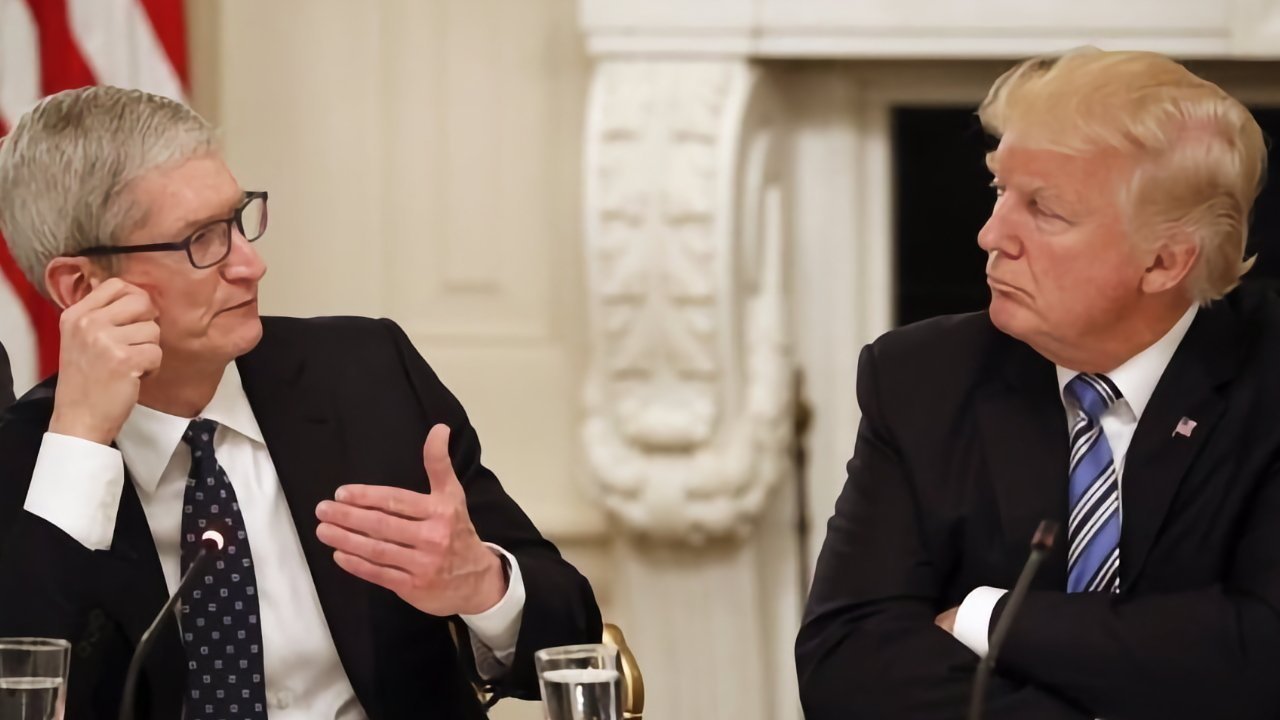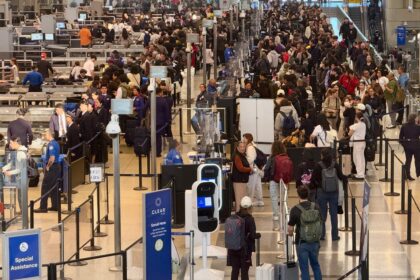President Donald Trump and tech giant Apple Inc. are expected to unveil a $100 billion investment plan aimed at expanding Apple’s operations across the United States, marking one of the largest single corporate investments in U.S. history.
The announcement, slated for later this week, is set to underscore Trump’s push to repatriate manufacturing and strengthen domestic technology infrastructure.
Major Expansion of Apple’s US Footprint
According to officials close to the matter, the investment will focus on:
- Building advanced manufacturing facilities in key U.S. states.
- Expanding data center infrastructure to support AI and cloud services.
- Creating tens of thousands of new jobs over the next decade.
- Strengthening supply chain resilience by reducing dependency on foreign components.
Apple CEO Tim Cook is expected to join Trump at the announcement, highlighting Apple’s commitment to aligning with national economic priorities while bolstering its own production and technology capabilities.
A Political and Economic Statement
The $100 billion commitment also carries political weight, reflecting Trump’s renewed focus on reshoring major industries and reducing U.S. reliance on overseas manufacturing hubs like China.
“This is about making America the tech capital of the world again,” Trump said in a recent statement. “We’re bringing back jobs, factories, and innovation.”
Impact on Jobs and Technology
Economists predict that this move could significantly boost domestic employment in manufacturing, construction, and technology, while also positioning the U.S. as a global leader in AI, semiconductors, and consumer electronics production.
Additionally, Apple’s new investment is likely to fund research partnerships with universities and innovation hubs, further fueling advancements in areas such as AI-driven devices, robotics, and clean energy tech.
A Strategic Shift Amid Global Tensions
This announcement comes at a time of rising geopolitical tensions and ongoing debates over tech supply chains. With growing competition from China and India in the electronics and AI sectors, this move could solidify the U.S.’s technological independence while appeasing Trump’s base of economic nationalists.







